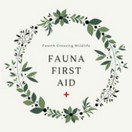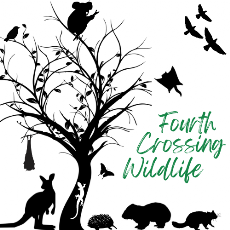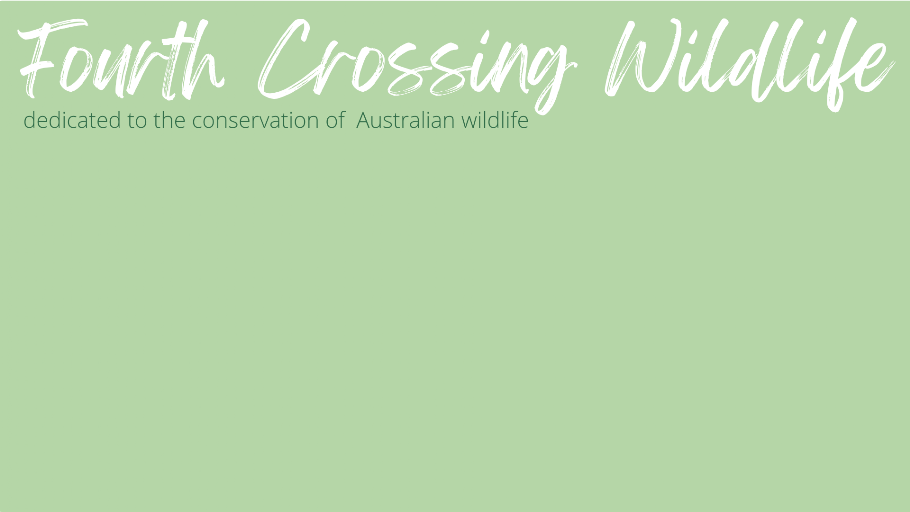Short Term Care

Rescue and Short Term Care for Brushtail Possums
It is important to remember that an injured, sick or orphaned possum, as with any wild animal, will be stressed when caught. Stress can kill a possum so it is very important that it is kept in a dark, quiet place, away from children and family pets.
If it is a large possum, wrap it loosely in a towel and place it in a box. Be careful of its claws and teeth as they can do serious damage if the animal gets stressed and attacks to protect itself.
If it is a furred joey (200-350 grams) place it in warm woolen wrappings, eg: socks or something similar, that has been lined with a cotton slip. Make sure that it is a snug fit for the possum (but not too tight). Place it into a larger pouch, and seal the top with a rubber band or tie, possums are great escape artists! But make sure that you don't sufficate the animal.
If you find a furless or just furred joey (50-120 grams) place it in a sock then into warm wrappings.
It is crucial that the possum be kept warm. Use a heat source if you have one. A hot water bottle can be used in an emergency, but make sure that the water is changed regularly (do not use boiling water). A water bottle will need to be wrapped in a towel. A heat pad is a better option. Warm the joey slowly (over a period of 2 hours), the temperature inside the makeshift pouch should be around 32o - 33o Celsius - no higher. Do not over heat the possum as this is as detrimental as under heating it. A possum of this size needs to get to an experienced carer urgently as they need specialised care.
Do not feed any wild animal for at least a few hours after rescue - they need to have their stress levels reduced and too much human contact can send them into shock. Additionally, it is very important that you do not feed a cold animal as any food will not be digested properly and the possum may die. If the rescued possum is cold you will need to warm it very slowly (over a period of 2 hours) - if you warm the possum too quickly it may die from heat-stress related complications. An animal that is badly injured or sick will not want to eat. If this is the case, just leave the possum in the box until an experienced carer can collect it, or take it to a veterinarian.
Food for an adult possum can include fruit, such as apple or pear, vegetables such as carrot, and gum & wattle leaves and their flowers. Never attempt to feed an adult possum by hand, as this could stress it more, leave the food in the box, it will eat when ready.
A joey can be fed Farex (but as emergency food only - to much Farex will kill them). Good generic milk replacers are Di-Vetelact and Formula One, which can be purchased at most veterinary clinics.
Never feed a possum cows milk as they are lactose intolerant and they will get very sick and may die. Keep the joey in the pouch with only its head exposed. Feed the formula to the joey through a syringe or dropper held at the edge of its mouth - do not force the syringe into its mouth - the possum will lap at the formula.
Do not force feed a joey, if it seems stressed or disinterested, discontinue feeding and put it in a quiet, dark place.
Just remember to use your common sense when caring for a possum. You are caring for a wild animal, it is not a pet.
Keep pets, family and friends away from the animal at all times.


